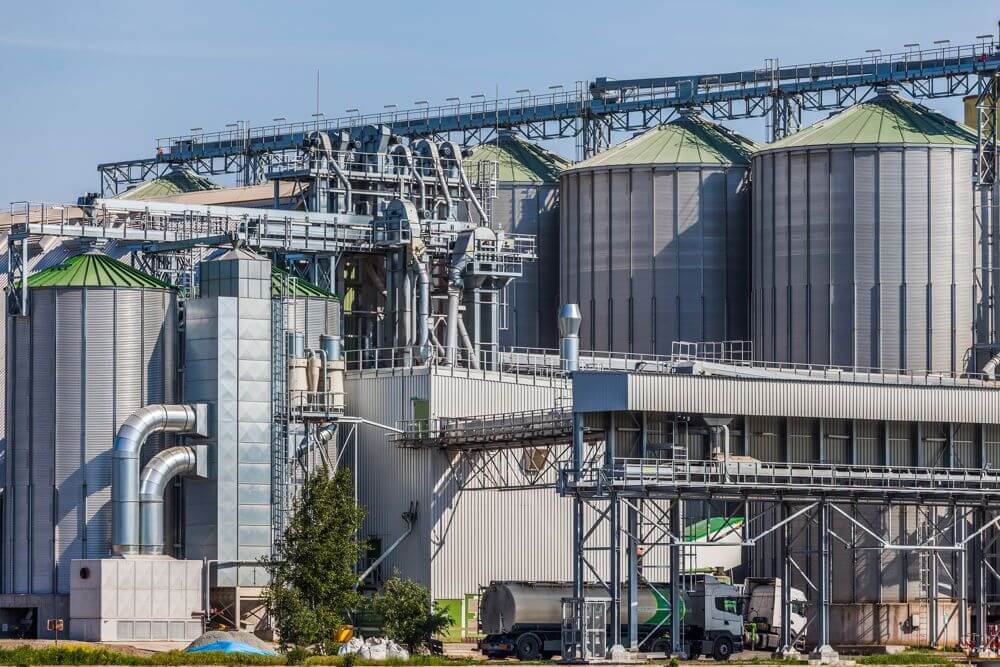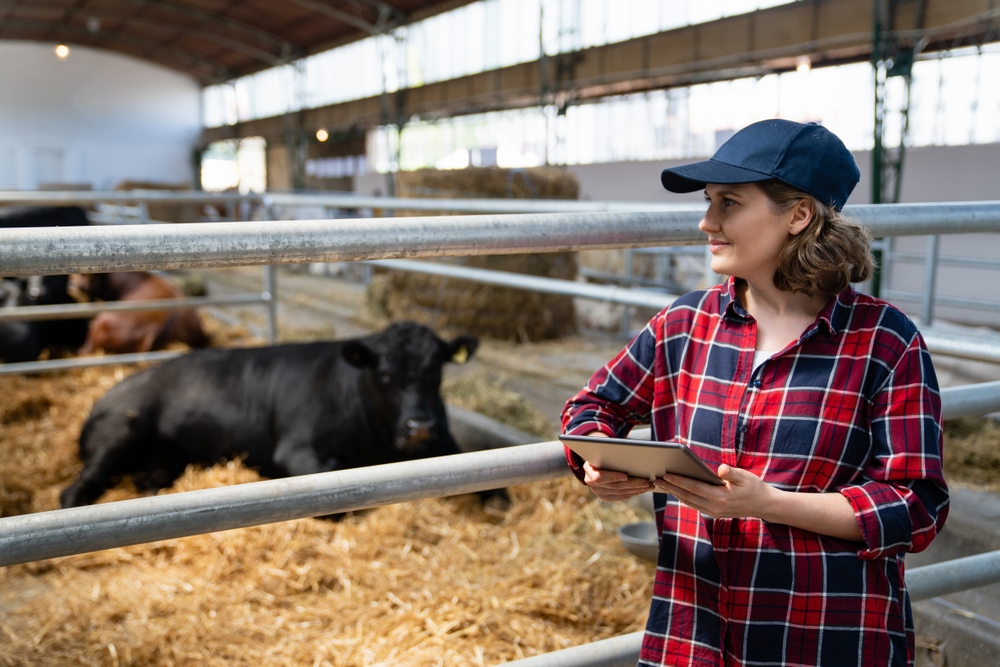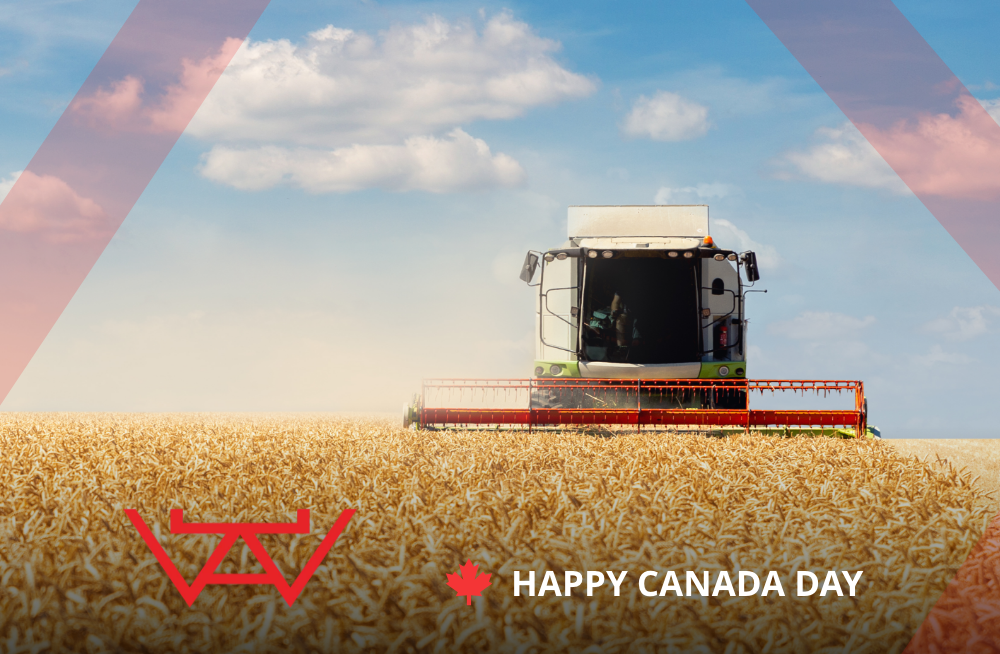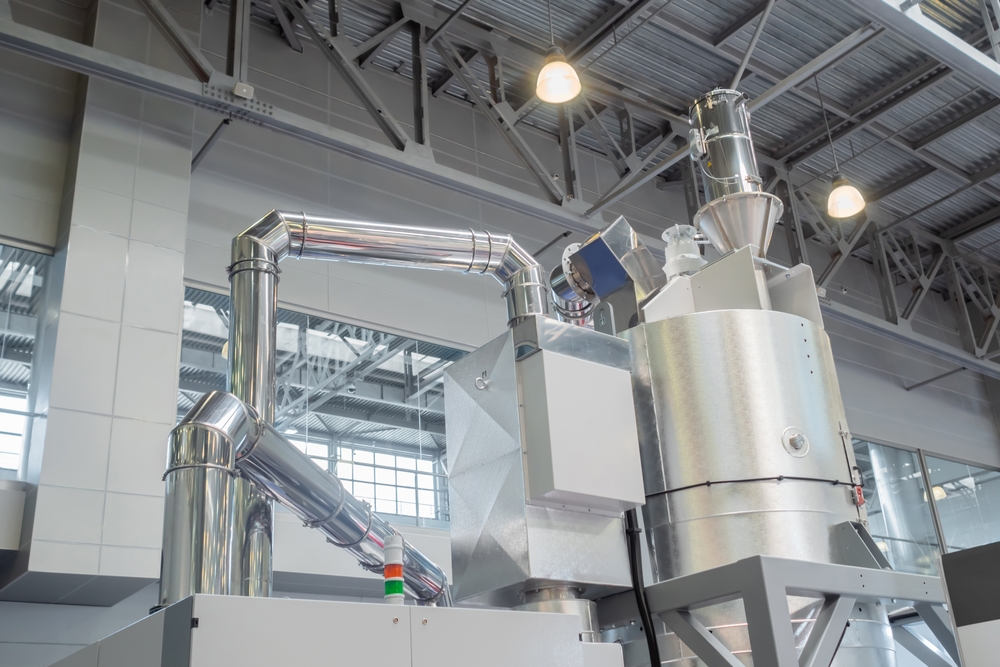Hopper scale inspections: what you need to know
Hopper scales and all other measuring equipment used in trade must be approved and inspected by a scale inspector accredited by Measurement Canada. This ensures fair business practices and is a requirement under the Weight and Measures Act. Keep reading to learn more about why inspections of hopper scales are important and what the inspection process involves.
Why are inspections needed?
In order for your hopper scale to be properly certified, it needs to pass an inspection from a certified scale inspector. This ensures, first and foremost, that businesses don’t short-sell customers. There are penalties for short-selling, even when it’s inadvertent. When this activity occurs, or when businesses otherwise fail to comply with Measurement Canada’s regulations, they can face the following consequences:
- Fines of up to $50,000
- Equipment being taken out of service until modifications or repairs are made, resulting in a loss of productivity and revenue
- Damage to the company’s reputation
How often are inspections required?
The timeframe for mandatory inspections varies between industries. For example, in grain elevators licensed by the Canadian Grain Commission, hopper scales need to be inspected yearly; in the mining industry, hopper scales need to be inspected every two years.
In certain industries, scale inspections are recommended, but not mandatory. The onus is therefore entirely on businesses to have their scales inspected and to ensure their accuracy.
Consult the Measurement Canada website for more precise information on the timeline for mandatory inspection or recommended inspection for your hopper scale.
What’s involved in a hopper scale inspection?
The inspection process for a hopper scale, as outlined by Measurement Canada, involves the following steps.
Visual examination of installation and location
The inspector ensures, among other things, that the device is installed in accordance with restrictions and conditions listed in the notice of approval and in accordance with manufacturer’s instructions.
Visual examination of marking
The inspector ensures that the device is properly marked.
Visual examination of indicating element and recording element
The indicating element (the display) and the recording element (the printer) are inspected for accuracy and readability.
Device configuration
The functionalities of the device, such as the tare mechanism and zero setting mechanism, are inspected.
Performance
Tests are conducted to evaluate the device’s performance
Hopper scale inspection in Calgary
Accurate/Western Scale is a Measurement Canada authorized service provider. Count on our professional technicians to perform a comprehensive inspection of your hopper scale and ensure that it’s legal for trade. For more information about scale inspections, reach out to our team today.





